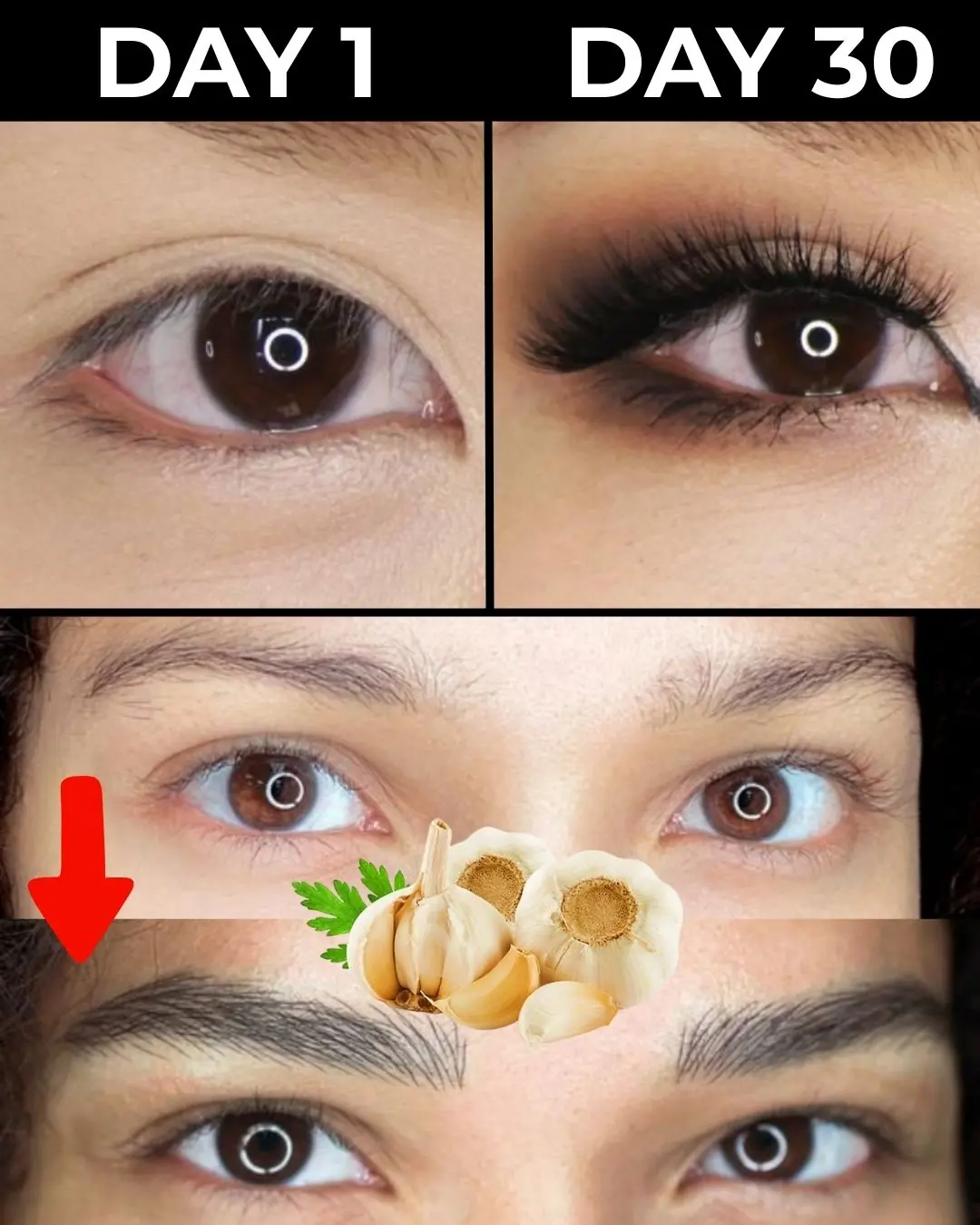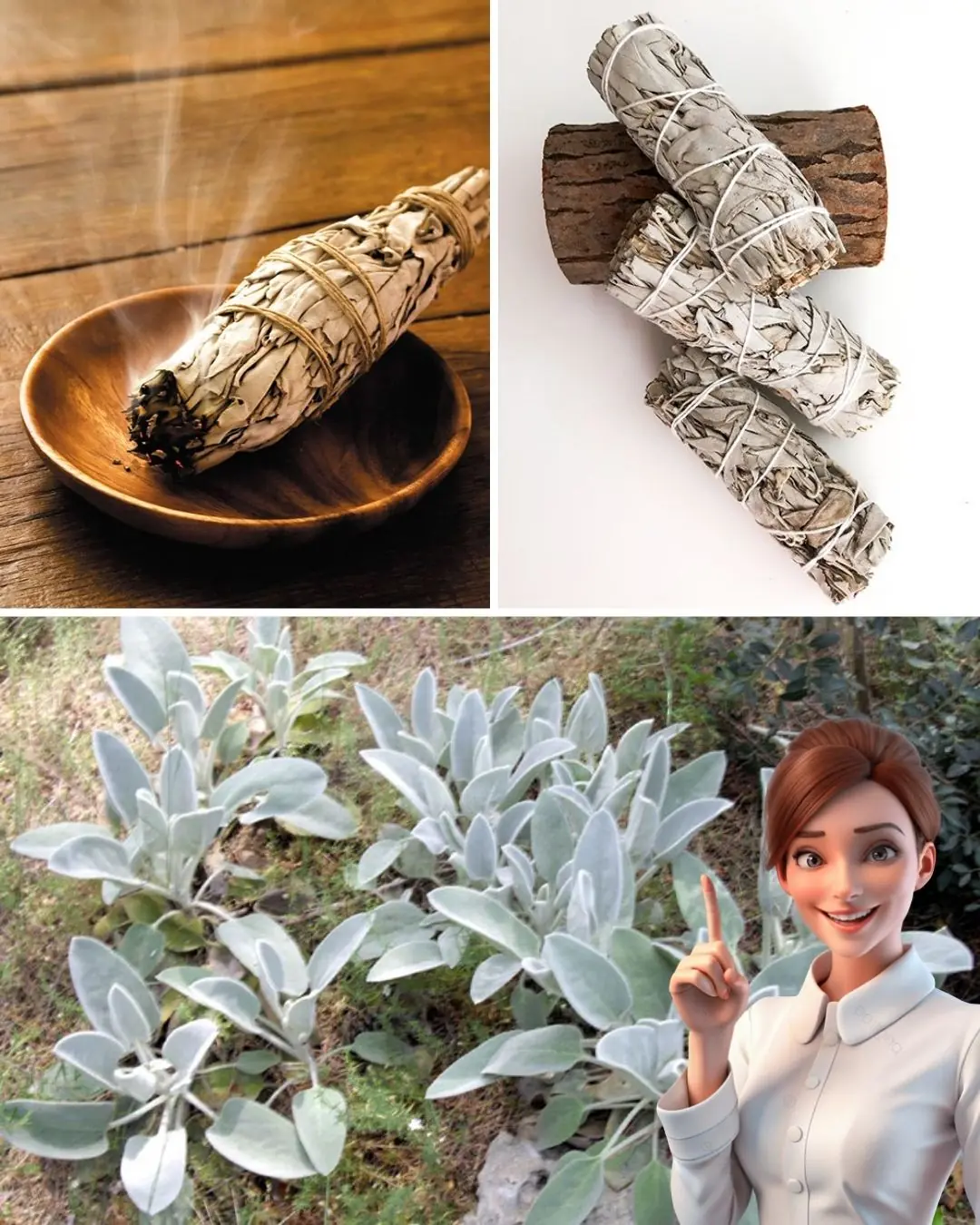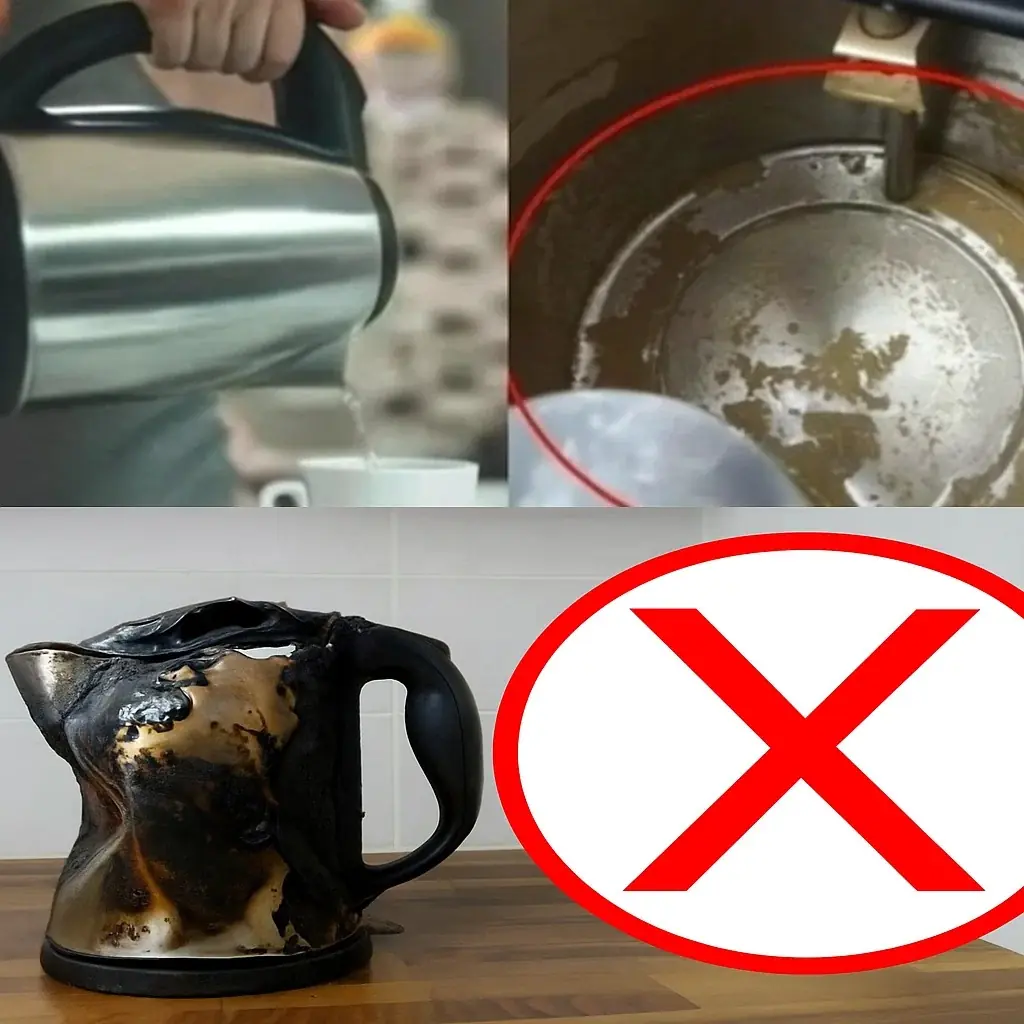
Tiny Brown Balls in Your Salad

You sit down to enjoy a fresh, crisp salad—maybe it’s a mix of romaine, spinach, and arugula. But just as you dig in, something catches your eye: a strange little cluster nestled among the leaves. Tiny brown balls, perfectly round and arranged in a neat pattern, are hiding in your greens.
Grossed out? You’re definitely not alone.
While it’s not something anyone expects to find in their lunch, those little brown spheres may be more than just dirt or harmless debris—they could be insect eggs.
What Are Those Tiny Brown Balls on Your Lettuce?
If you’ve ever spotted small, symmetrical brown dots clinging to your leafy greens, there’s a good chance you’ve encountered insect eggs. These are often laid by bugs such as stink bugs, leaf beetles, or moths, and they tend to cluster their eggs in tight, organized groups—typically on the undersides of leaves where they’re harder to spot.
Because lettuce and salad greens are often grown in open fields and exposed to various insects, it’s entirely possible for these eggs to end up in your grocery cart or restaurant dish if the produce isn’t thoroughly washed or inspected.
Common types of greens where insect eggs may appear include:
-
Romaine lettuce
-
Butter lettuce
-
Spinach
-
Kale
-
Arugula
These types of greens have folds and crevices that make great hiding spots for pests—and their eggs.
Are They Dangerous to Eat?
Here’s the good news: insect eggs are not usually harmful if consumed accidentally. They’re not toxic, and they don’t typically carry diseases. However, that doesn’t mean you should eat them.
More importantly, the presence of insect eggs in your salad suggests that there might have been a lapse in quality control, cleaning, or handling. In commercial kitchens or food packaging plants, produce is supposed to be checked and washed thoroughly before it gets to your plate.
Accidentally eating a few insect eggs probably won’t make you sick—but it can be a warning sign of broader hygiene or food safety issues.
What to Do If You Find Insect Eggs in Your Salad
Whether you’re eating out or preparing food at home, here’s what you should do if you discover insect eggs in your salad:
-
Stop eating immediately.
Don’t continue with the meal, even if you’ve only noticed eggs in one part of the salad. -
Take a photo for documentation.
Capture a clear image in case you need to report it to the restaurant, grocery store, or local health department. -
Notify restaurant staff or the vendor politely.
Reputable businesses usually take this seriously and will offer a refund, a replacement, or some form of compensation. -
Contact your local health department if:
-
The issue seems widespread or recurring
-
The establishment’s response is dismissive
-
You suspect a violation of food safety practices
-
-
At home? Wash your greens again—even pre-washed ones.
Rinse them under cold, running water and gently rub the leaves to dislodge any eggs or debris that may still be stuck.
How to Prevent This From Happening Again
Avoiding unpleasant surprises in your salad bowl starts with a few easy steps. Prevention is always better than a gross discovery mid-meal.
✅ Inspect your greens closely before eating.
Pay special attention to textured or darker leaves, which can camouflage small objects.
✅ Always wash produce—even if it says “triple-washed.”
Pre-packaged greens labeled “ready to eat” may still contain natural contaminants. A quick rinse can go a long way in improving safety.
✅ Be cautious with organic or farm-fresh produce.
These are often grown with fewer pesticides and more exposure to natural environments, which means they may carry more bugs or insect traces.
✅ Use a salad spinner.
After rinsing, spin your greens dry. It helps remove clinging particles and makes it easier to spot anything suspicious.
✅ Buy from reputable sources.
Choose trusted grocery stores or farmer’s markets known for high-quality standards. Freshness and handling procedures matter.
Bottom Line: Don’t Panic—Just Stay Aware
Finding insect eggs in your salad is definitely off-putting, but in most cases, it’s not a major health risk. It’s more a matter of quality control and hygiene, both of which are important but manageable.
The key takeaway? Always rinse your greens—even if they look clean. Stay mindful of where your produce comes from and how it’s prepared. And if you ever notice something odd in your food, don’t ignore it. It’s okay to speak up.
Food safety starts with awareness—and ends with action.
News in the same category


Everywhere Cannabis Could Be Legalised in US as Trump Considers Major Law Change

Should You Peel Ginger Before Eating? The Shocking Truth Everyone Needs to Know
he peel is not harmful; in fact, it carries unique benefits. By using ginger correctly and storing it properly, you can unlock its full potential for boosting immunity, improving circulation, and keeping your

Meteorite That Recently Fell in Somalia Turns Out to Contain Two Minerals Never Before Seen on Earth

A Touch of Viking Brilliance: Moss-Carpeted Homes in Norway

What Millions of Years Look Like in One Photo (Well, Not Exactly)

NASA Has Just Released 2,540 Gorgeous New Photos of Mars

Friendship Between Wolf And Bear Documented By A Photographer

3,000-Year-Old World’s Oldest Olive Tree on the Island of Crete Still Produces Olives Today

Security feature you should make sure is always enabled on your Android smartphone

Guy Mocked for Dating 252-lb Woman

Homeowner Resumes Backyard Treasure Hunt

7 Household Appliances That Drain More Power Than Your Air Conditioner—And Why I Regret Owning Them All
From constant-use devices like refrigerators to high-powered kitchen tools, every household has hidden electricity traps.

Another US doctors’ group breaks with federal policy, recommends COVID-19 vaccines for all adults

Donald Trump Says There Could Be People in Epstein Files Who ‘Don’t Deserve to Be’ There in Shocking Statement

Think Bottled Water Is Safer Think Again

5 Early Warning Signs of Cervical Cancer That 90% of Women Overlook
Cervical cancer is not a silent killer—it sends out warnings. The challenge is whether women notice and act on them in time.

8 Shocking Toilet Clues That Could Signal Cancer: Don’t Ignore These Early Warnings
Many people dismiss subtle changes in bathroom habits as minor or temporary issues. However, certain unusual signs when you go to the toilet could be early red flags of serious health problems. Recognizing them in time can make the difference between earl

Study Reveals How Earth’s Orbit Triggers Ice Ages, And There’s One in The Next 11,000 Years
News Post

I Found an Old Stroller at a Flea Market — What I Discovered Hidden Inside Surprised Me

After Our Breakup, My Ex Destroyed My Clothes Out of Spite

Willie Nelson: The Soul of America.

The Courage of Branson: A Family’s Unyielding Fight.

The Man Who Wouldn’t Look Away.

Heaven Is Never Too Far: A Daughter’s Courage on Daddy’s Day.

How to Grow Thicker Eyebrows and Longer Eyelashes Naturally with Garlic and Vitamin E

🌿 Unlock the Ancient Art of Sage Burning: Cleanse Your Space, Mind, and Soul

Unexplained Bruising on Your Body: Causes and Treatments

3 ways to prevent snakes from crawling into the house, everyone needs to know to protect their family

Here are 3 simple ways to keep your home free of mice.

A Man Held His Breath Underwater for 29 Minutes, Shattering the World Record and Even Surpassing Most Marine Mammals

Everywhere Cannabis Could Be Legalised in US as Trump Considers Major Law Change

4 Types of Electric Kettles That Could Be Harming Your Health – Check Yours Before It’s Too Late
Electric kettles are found in nearly every modern home, making it quick and easy to boil water for tea, coffee, or instant meals. But shocking warnings from health experts reveal that some kettles may release dangerous substances into the water you drink

Turn Back the Clock: The Cheap Sour Starfruit & Potato Remedy That Restores Black Hair Naturally
Struggling with premature gray hair in your 20s or already noticing streaks of silver in your 30s and 40s? Don’t panic. While gray strands can feel like a dreaded sign of aging, nature offers surprising, inexpensive solutions that can help you regain yo

7 Resistance Band Ab Moves That Torch Belly Fat and Build Core Power
This variation transforms a simple bridge into a powerhouse move, strengthening not only your glutes but also your deep core muscles, lower back, and hip stabilizers.

8 Superfoods That Naturally Lower Cholesterol and Protect Your Heart
It’s about making gradual, sustainable swaps—cutting back on processed foods, replacing saturated fats with healthier ones, and prioritizing fiber-rich, nutrient-dense ingredients.

Flaxseed Gel: The Natural “Botox in a Jar” That Smooths Wrinkles and Restores Youthful Glow
With flaxseed gel, you’re not just applying moisture—you’re giving your skin the building blocks it needs to repair, renew, and glow from within.

Toothpaste and Lime for Hair Removal: The Surprising DIY Remedy That Could Replace Laser Treatments
With just two simple household ingredients, you can try a gentle, budget-friendly, and surprisingly effective solution at home.